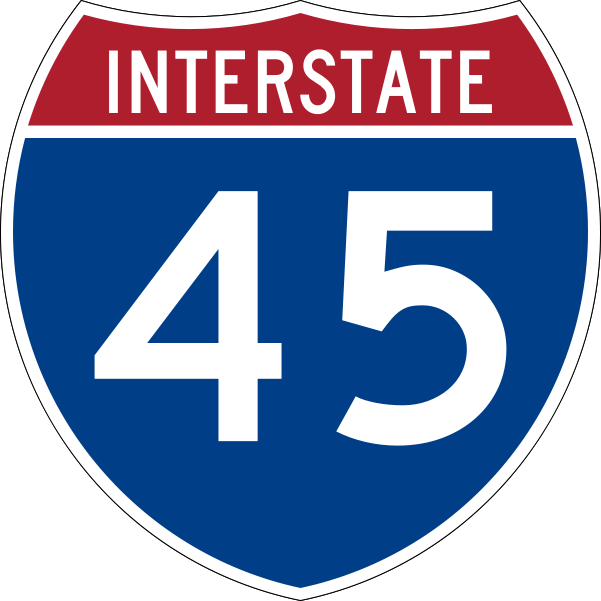Get ready for a lot more road construction in the near future.
Voters have a little more than a week to decide whether to give Texas highways a $2.75 billion annual funding boost, but Houston-area officials are already making plans to spend the money.
In the event Proposition 7 passes – the proposal has silent, token opposition – officials with the Houston-Galveston Area Council on Friday approved a revised 10-year spending plan that reflects when area road projects could begin, using the new money.
“Readiness will be the name of the game,” said David Wurdlow, program manager for short-range transportation planning at H-GAC. “We are going to be real aggressive to move projects forward.”
Without Proposition 7 the amount of money available for regional transportation projects is roughly $2.1 billion for the next decade, according to the current 10-year plan. Though not the only source of highway money, the funds directed by H-GAC’s Transportation Policy Council are among the most significant to build or rebuild highways.
Adding Proposition 7, officials estimate, increases that total to more than $4.6 billion, taking long-sought projects and moving them much closer to reality much sooner. In fiscal year 2018, for example, Proposition 7 would increase highway spending in the Houston area from $211 million to $696 million.
In 2018 alone, Proposition 7 means an earlier start to two segments of widening Interstate 45 near NASA Bypass 1 in Webster and earlier construction on FM 2100 east of Atascocita.
Another project accelerated by planners is a long-sought widening of Texas 36. Though the road isn’t a major commuting bottleneck, widening it is a major focus Freeport and Waller County officials who contend the highway is a natural truck bypass for the Houston area.
[…]
Like Proposition 1, the money comes with some conditions. Officials cannot pay off any of Texas’ highway debt, which is how many previous transportation programs were paid. All of the funds must be used on state highways – meaning no tollways, transit or alternative modes such as bicycling can benefit.
Some non-highway projects, however, could benefit, if regional officials approve. The transportation council is made up of local elected leaders and the heads of transportation agencies such as the Metropolitan Transit Authority and TxDOT’s Beaumont and Houston offices. Council members use a formula that divides the federal and state funds spent by the agency, which caps spending on non-highway projects, called alternative modes, to between 18 percent and 25 percent of total funds.
If the Proposition 7 windfall gives officials hundreds of millions of dollars more for highways, they could restructure.
“We might be able to move those (highway projects) to the proposition side and move some of those funds to alternative modes,” Wurdlow said.
Prop 7 isn’t raising any new money to spend on transportation, because we don’t do that sort of thing in Texas. It simply mandates that $2.5 billion of sales and use tax revenues in Texas specifically to transportation – in other words, it takes money from one pocket of the budget and puts it in the other. If you’re wondering why legislators who have been writing the state’s budget over the pasty few years were unable to allocate extra funds for transportation on their own, or thinking that this is just another band-aid that doesn’t actually solve anything, you would not be alone. Streetsblog and the Rivard Report present a more comprehensive case against Prop 7, but I doubt it will have much effect. Like it or not, we’re going to see a lot more highway construction in the near future. Better get used to it.

